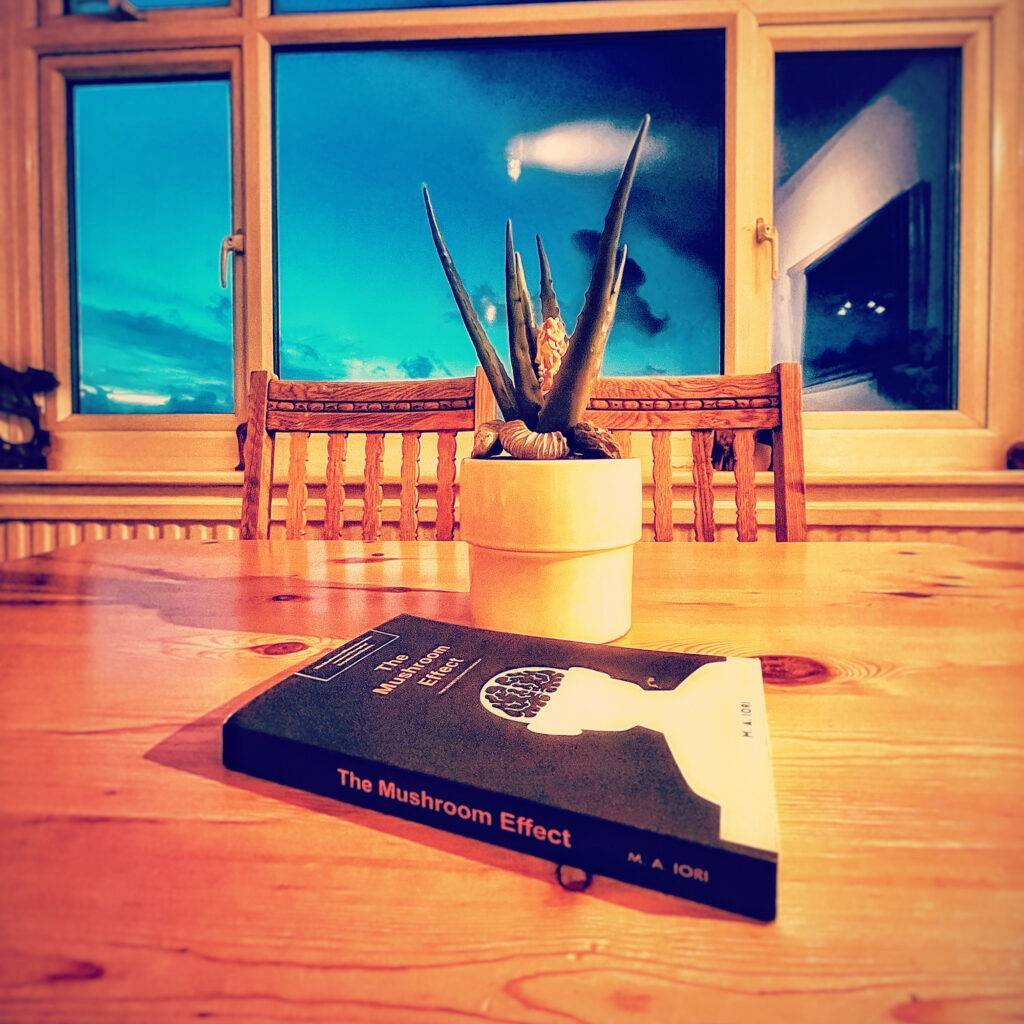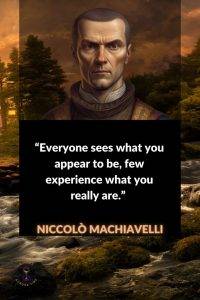Human history is controversial. We do not know who we are or where we come from. Of course, many of you will answer by quoting God or Mother Nature, but if we explore what is tangible evidence of our primitive traces, there is enough confusion about that.
I took a break from articles as I was finishing one of my novels (done) and adding material to another blog I run, if you read Italian here you can find articles on religion, philosophy and wellness (including Yoga and Qigong exercises).
Soon I will be back with new anecdotes from life and to talk about literature, which is the field I am interested in.
Human history is controversial. We do not know who we are or where we come from. Of course, many of you will answer by quoting God or Mother Nature, but if we explore what is tangible evidence of our primitive traces, there is enough confusion about that.
The earliest human civilisations, which can be traced back more than a hundred thousand years (but recent discoveries date them back to close to five hundred thousand years ago), have left us evident writings, which spoke of their internal economic system, music, paintings, hierarchical system and, above all, of their plateau of gods of whom they believed were our creators. For a long period of our ancient history, let us say before the advent of year zero (for us Westerners at least, as other cultures keep a different calendar, did you know that?), there was a belief that a superior civilisation, coming from the space above us, was the origin of our species. Enki and Enlil (I hope I spelt their names correctly) and their father Anu, genetically manipulated a primitive species of man who inhabited the earth (over twenty attempts) into ours.
Interesting, isn’t it?
Even in the Eastern sphere of creation, a Single Principle, whom we may call Krishna or Visnu, or Dao, generated from nothingness a series of entities (such as Brahma, which would be the equivalent of the Christian God) down to earthly nature from dinosaurs to man (it may be that the story of the dinosaurs was added later in the imaginary of the Vedas literature, or it may be that their science was so accurate that they knew of their existence because according to their vision man had existed for millions of years).
In the Bible, itself (and please don’t hate me here), several gods are mentioned, belonging to the genus Elohim, of which YHWH (again, the God we have come to know through priests and TV) was a part. According to recent studies, and discoveries, YHWH or Jehovah would not be the only God in the universe of the Bible and take over later in the Old Testament story; here we can mention El Shaddai and El (in general) as first appearances. Apart from this controversy, God lays down commandments, such as loving no God but himself, for at the time more or less civilised groups of nomads prayed to and built altars to other Elohim such as Chemosh and Baal.
Theology, but especially thanks to Paul of Tarsio, teaches us that these Elohim are not to be regarded as true gods, but mere idolatries of sorts, and that the only god is YHWH.
Well, I’m not sure it is correct.
Whichever way you like to look at it, there are many other aspects to be explained in the Bible. A well-known historian expressed his doubts about the contents of the Bible, saying that it was strange how one could reconcile the belief of a God who in the Old Testament was wrathful and violent, and in the New Testament redeems himself through his son.
Indeed, it is difficult to believe in such a God.
The point here is that our awareness of God is not about the God recounted in the Bible, for you would be shocked, rather it is about the concept that has been developed from Paul of Tarsio to the theological evolution of the Divine Mystery.
The modern God, then, is personal. We have a private and peculiar idea or interpretation of God that comes to us from his secular reconfiguration.
If you disagree, that is fine with me, partly because I know you have not read the Bible and partly because I believe you in good faith, and I have no reason to argue against it.
My faith in God is likewise personal and has nothing to do with the biblical God.
The reason?
As explained above: the one told in the Bible does not seem to be a real God.
My relationship with God, therefore, is personal, influenced by the exegesis and the readings I have done, but far removed from the standoffish and flawed figure of the biblical God.
Write to me in the comments about how you experience your relationship with God and what inspires you.
See you soon.




